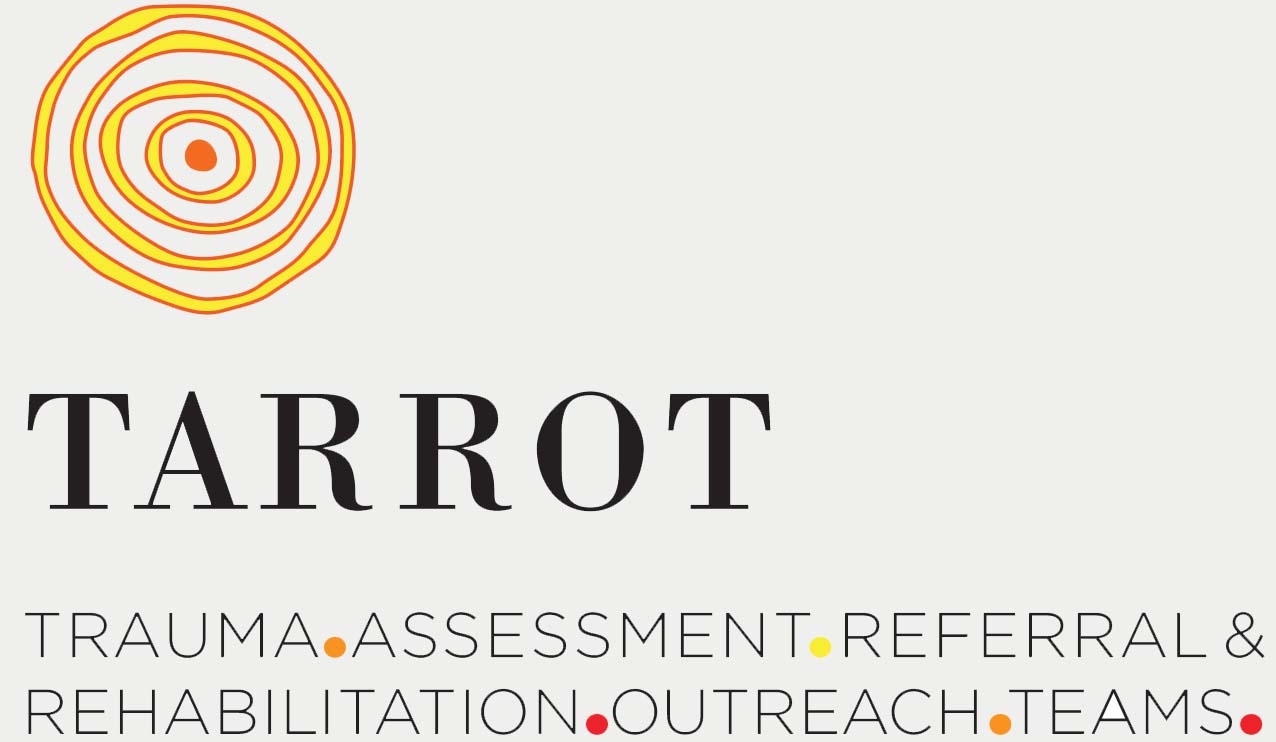
Ngaoara has established TARROT, the Trauma Assessment, Referral and Rehabilitation Outreach Teams program, where small teams of clinical and educational professionals provide medical and therapeutic trauma assessment and referral outreach for children affected by trauma and with complex comorbidities. TARROT also facilitates support for their families and communities. The TARROT teams consist of primary care practitioners, paediatricians, psychologists (child and adult) and psychiatrists.
With the support of respective communities and the Commonwealth Department of Health, Ngaoara is currently delivering TARROT in the Moree Plains district (Northern NSW), and Canberra (ACT), with feeder communities across southern and south-western NSW.
TARROT has also been invited to embed the program within the Illawarra Aboriginal Medical Services' existing service delivery in NSW.
THERE ARE TWO TARROT MODELS:
- School-based and community embedded (Moree)
- Aboriginal Community-Controlled Health Organisation Integration (Canberra and The Illawarra)
Each model can be tailored to meet the individual needs of the community and is contextualised for each host service. The effectiveness of each delivery model to date, has demonstrated the capacity of the TARROT model to be transferrable and implemented more broadly.
The TARROT program arose from numerous conversations with key community members, service providers and government representatives. All had independently contacted Professor Brown to discuss their concerns for child safety and wellbeing in Moree (NSW), and several other regional and remote communities. These invitations to discuss trauma and co-develop a response were based on long term relationships that Professor Brown had developed with these communities over more than 10 years.
WHAT DO THE TEAMS DO?
TARROT team members consist of Multidisciplinary specialists who:
- Take referrals from, and work with, local schools and services to provide regular outreach for children identified with, or suspected of exposure to, the impacts of trauma, violence and abuse;
- Facilitate case management for at risk and vulnerable children;
- Coordinate care with local service providers and agencies to ensure access to reparative care and resources;
- Use existing pathways, initiatives and acute/ongoing responses relevant to child health and protection;
- Support and contribute to the development of initiatives for child-centric, whole-of-community responses to violence and trauma; and
- Connect organisations with specialist educators in trauma recovery, child development, positive parenting and child-centric health and protection initiatives.
- Work in partnership with Aboriginal Community Controlled Health Organisations, PHNs, and other local services and agencies as relevant.
TARROT also advocates for parenting and relationships programs for parents, carers and community members.

